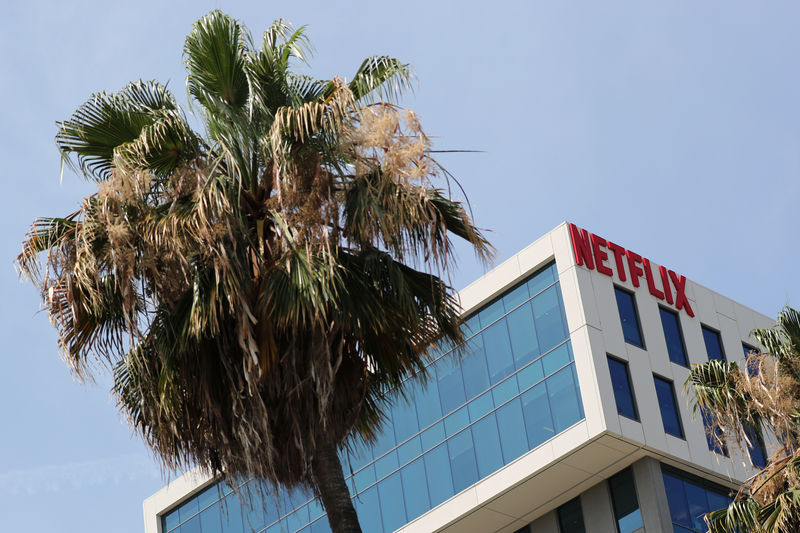This post was originally published on this site
https://i-invdn-com.investing.com/trkd-images/LYNXMPEI5T0CD_L.jpg
LONDON (Reuters) – German fashion brand Hugo Boss announced on Thursday it was returning to Formula One with the Aston Martin team, five years after leaving for the electric Formula E series.
The deal, announced at the British Grand Prix on Thursday and initially running until 2025, will see Boss branding on the F1 cars with immediate effect and the company providing team apparel from 2023.
Hugo Boss Chief executive Daniel Grieder told Reuters the pull of Netflix (NASDAQ:NFLX)’s “Drive to Survive” docu-series, new rules to make racing more competitive and a push for sustainability were compelling factors.
A 30-year friendship with Aston Martin’s Canadian billionaire owner Lawrence Stroll, who made his money in the fashion industry before acquiring the sportscar marque made famous by fictional British spy James Bond, also played a part.
“We want to become a 24/7 lifestyle brand,” said Grieder.
“When you see what Lawrence does with Aston Martin, it’s a similar story.”
Hugo Boss were with former champions McLaren for decades before moving to Mercedes, the dominant team of the last eight years, in 2015.
In 2017 previous CEO Mark Langer told German weekly magazine Focus that the deal was ending because “Formula E is more innovative and sustainable” and electric racing was more attractive to a younger audience.
Grieder said that had not proved to be the case.
“It didn’t make it. Formula E was never the same as Formula One. It didn’t become as relevant as it should have become,” he said.
“Formula One is also back, better than ever. It’s a global sport … and they also have commitments to a more sustainable world and races.”
“I think the sport is even more relevant than ever and the whole world is watching and so many fans are into it and it’s so exciting at the moment.”
Having three races in the United States next year was also attractive: “I think the balance they found now is perfect,” said Griedel.
He said Hugo Boss was now a platform with two brands appealing to different demographics – Boss for millennials between 25 and 40 and Hugo for the more music and art-centred “Gen Z” under-25s.
“I think Aston Martin and Boss is the perfect match here,” he said.


